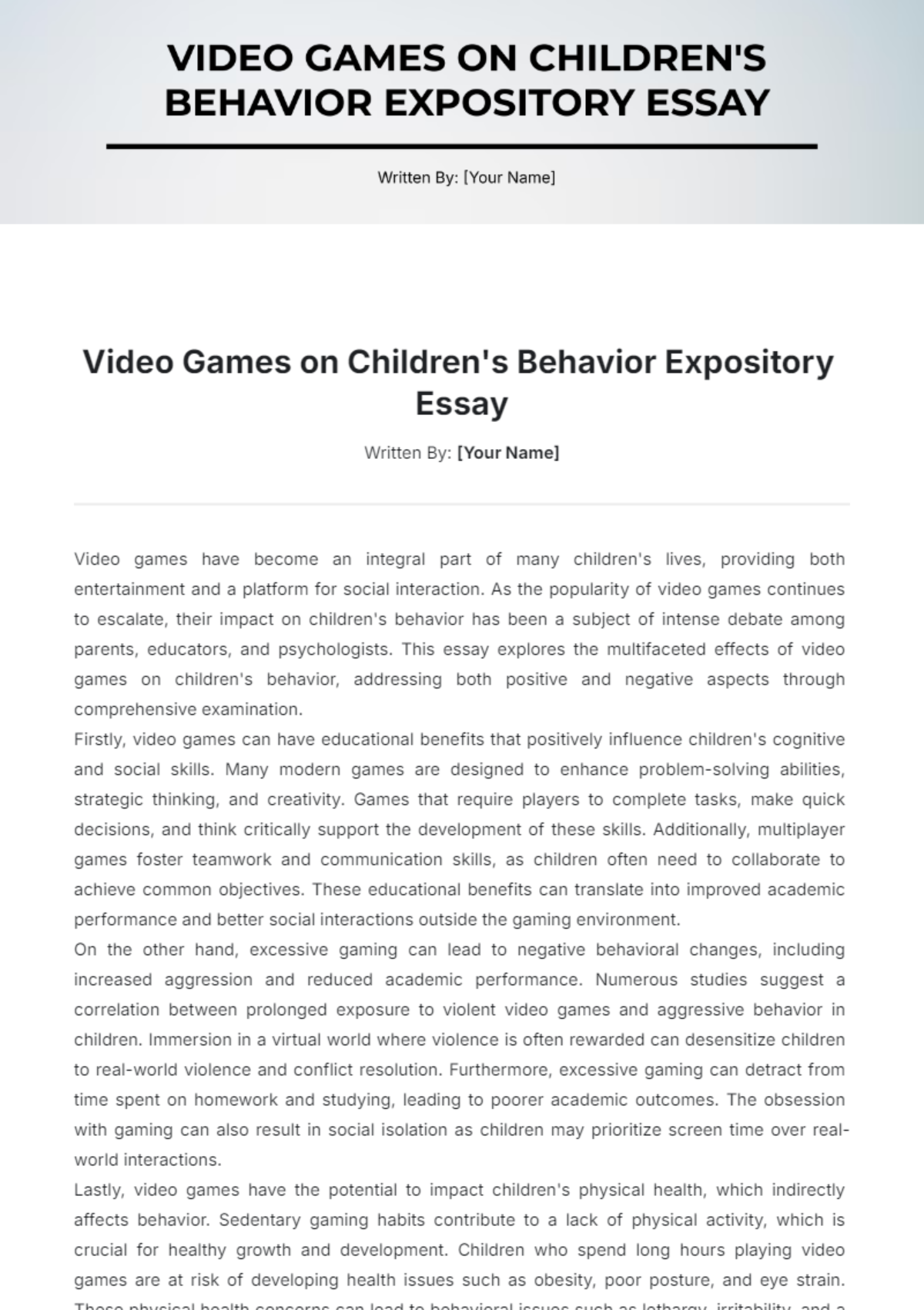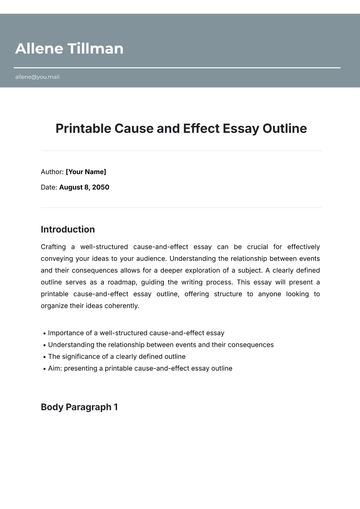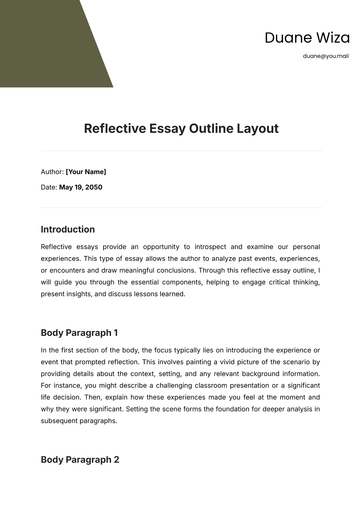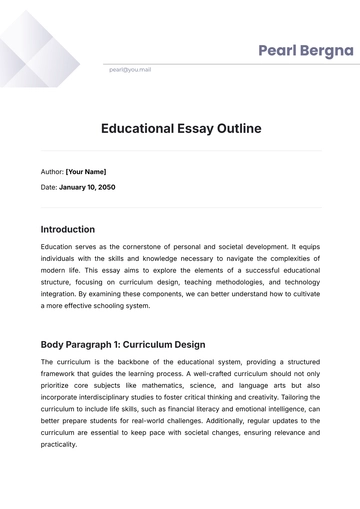Free Video Games on Children%27s Behavior Expository Essay

Written By: [Your Name]
Video games have become an integral part of many children's lives, providing both entertainment and a platform for social interaction. As the popularity of video games continues to escalate, their impact on children's behavior has been a subject of intense debate among parents, educators, and psychologists. This essay explores the multifaceted effects of video games on children's behavior, addressing both positive and negative aspects through comprehensive examination.
Firstly, video games can have educational benefits that positively influence children's cognitive and social skills. Many modern games are designed to enhance problem-solving abilities, strategic thinking, and creativity. Games that require players to complete tasks, make quick decisions, and think critically support the development of these skills. Additionally, multiplayer games foster teamwork and communication skills, as children often need to collaborate to achieve common objectives. These educational benefits can translate into improved academic performance and better social interactions outside the gaming environment.
On the other hand, excessive gaming can lead to negative behavioral changes, including increased aggression and reduced academic performance. Numerous studies suggest a correlation between prolonged exposure to violent video games and aggressive behavior in children. Immersion in a virtual world where violence is often rewarded can desensitize children to real-world violence and conflict resolution. Furthermore, excessive gaming can detract from time spent on homework and studying, leading to poorer academic outcomes. The obsession with gaming can also result in social isolation as children may prioritize screen time over real-world interactions.
Lastly, video games have the potential to impact children's physical health, which indirectly affects behavior. Sedentary gaming habits contribute to a lack of physical activity, which is crucial for healthy growth and development. Children who spend long hours playing video games are at risk of developing health issues such as obesity, poor posture, and eye strain. These physical health concerns can lead to behavioral issues such as lethargy, irritability, and a lack of focus. Encouraging balanced game time with physical activities can mitigate these adverse effects and promote a healthier lifestyle.
In conclusion, video games have a significant impact on children's behavior, encompassing both positive and negative aspects. While they can enhance cognitive skills, strategic thinking, and teamwork, they can also contribute to aggression, academic challenges, and physical health issues. Parents and educators must monitor and regulate children's gaming habits, ensuring that video games are enjoyed in a balanced and healthy manner. Through informed guidance and moderation, the potential benefits of video games can be harnessed, while minimizing their detrimental effects on children's behavior.
- 100% Customizable, free editor
- Access 1 Million+ Templates, photo’s & graphics
- Download or share as a template
- Click and replace photos, graphics, text, backgrounds
- Resize, crop, AI write & more
- Access advanced editor
Discuss the effects of video games on children's behavior using Template.net’s Video Games on Children's Behavior Expository Essay Template. This editable and customizable template provides a clear structure for exploring this complex topic. Editable in our AI Editor Tool, it’s perfect for students looking to write detailed, balanced essays on the influence of video games on child development.





























